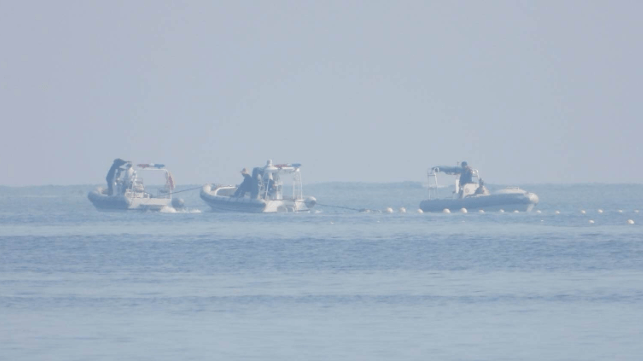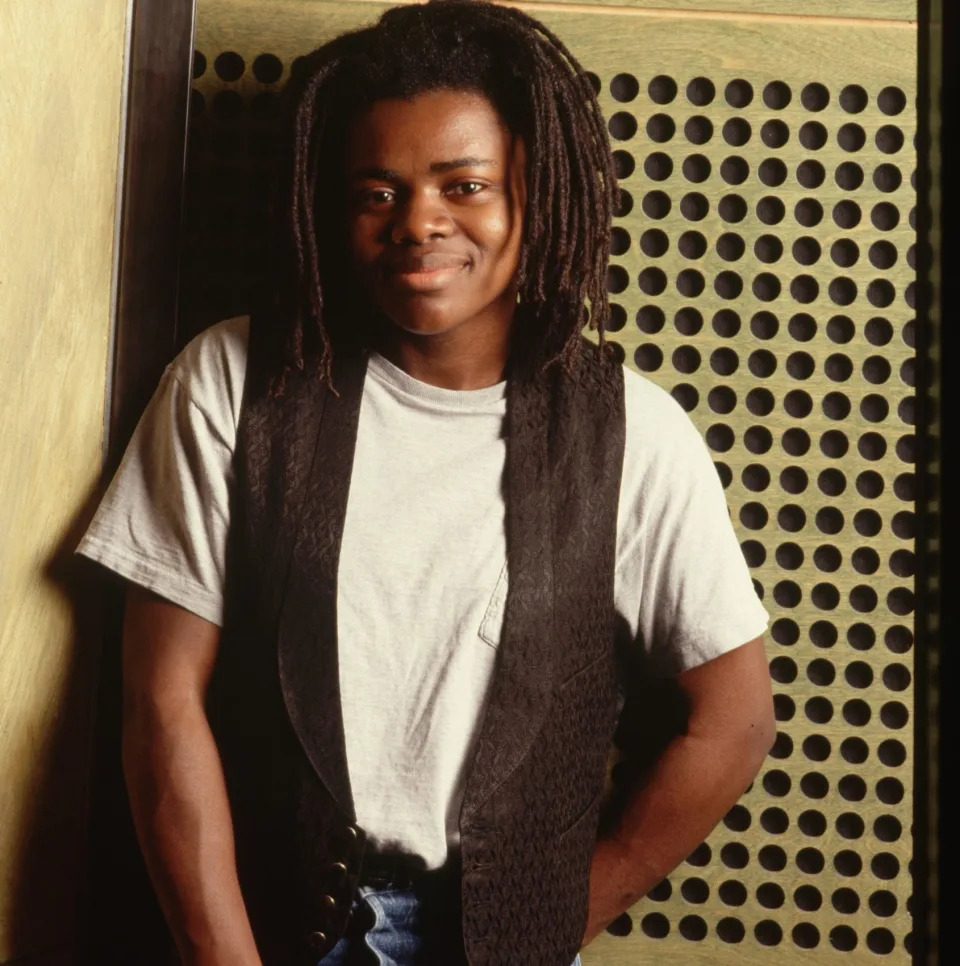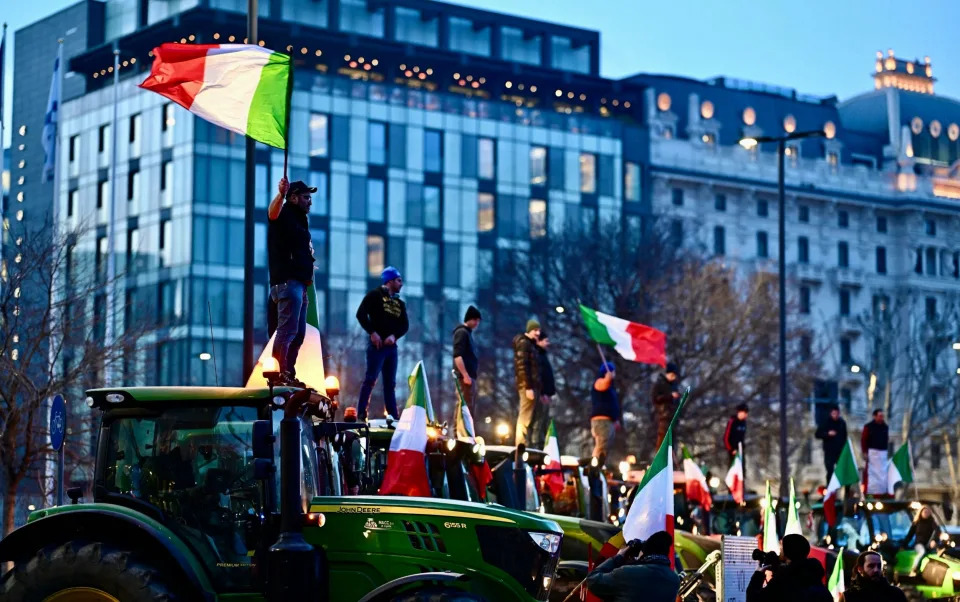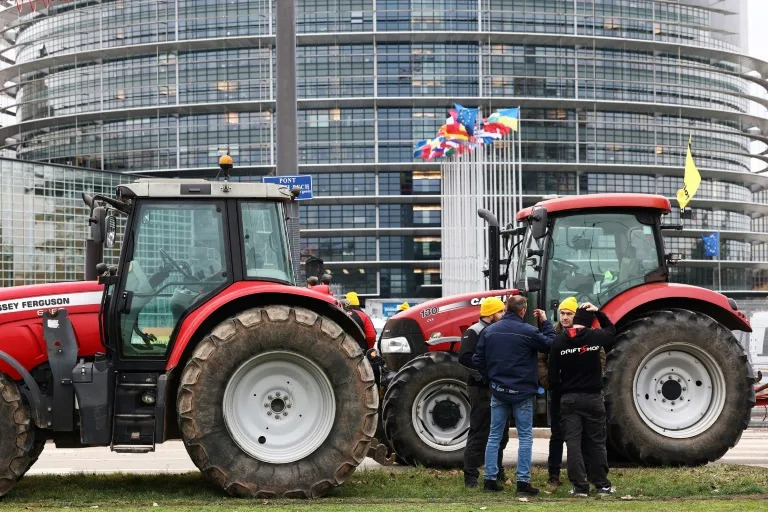Six Bishops Demand Action to Protect Philippine Fishermen From China

The Philippines is a heavily Catholic nation, and the views of the church carry weight - so it made national news when six bishops called on the government to do more to protect Philippine fishermen from Chinese incursions.
The bishops - all from jurisdictions with artisanal fishing industries - warned that "a policy of appeasing the Chinese aggressors is worsening the situation of our poor fisherfolk," and called for the government to take real action.
Chinese "gray zone" forces regularly interact with Philippine fishermen inside the Philippine exclusive economic zone, the 200 nautical mile band that falls under Manila's natural-resource regulations. In addition to routine harassment, these interactions can get physical - especially at Scarborough Shoal, a longtime flashpoint off Luzon. The China Coast Guard recently fenced off the entrance to the shoal, excluding Philippine fishermen from the giant (and productive) inner lagoon, and its personnel have chased off those who ignore the cordon.
In their letter, the bishops said that the Philippine government cannot morally "allow our own fisherfolk to be driven out of fishing grounds over which international law recognizes our rights."
In addition, the bishops observed that Chinese illegal fishing vessels have caused "widespread destruction of coral reefs, marine sanctuaries and the habitat of fish and sea-dwelling animals," as previously noted by the Permanent Court of Arbitration in the Hague.
The signatories emphasized that war was not the solution, but also appeared to call for a muscular defense policy if discussion did not work.
“All legal means must be exhausted so that what nature has so bountifully bestowed on us may be ours," they wrote. "If present diplomatic efforts do not suffice, then it is permissible – morally necessary even – to have recourse to the friendship of allies who can help us defend what is ours!"
Under its "nine-dash line" policy, China claims virtually all of the South China Sea as its own, including large swathes of the EEZs of Vietnam, the Philippines, Malaysia, Brunei and Indonesia. This historically-based claim is unique to China, and in 2016, the Permanent Court of Arbitration in the Hague (PCA) ruled that it is not consistent with international law. China ignored the ruling and proceeded to militarize a string of land features in the Paracels and the Spratly Islands.
The China Coast Guard is tasked with enforcing its government's maritime claims within the Philippine EEZ. On Monday, the agency said that it had "expelled one Philippine Coast Guard ship that had illegally entered waters" off Scarborough Shoal. According to the PCA's ruling, the shoal is located outside of any nation's 12-nautical-mile line, the cutoff for regulating navigation.



















